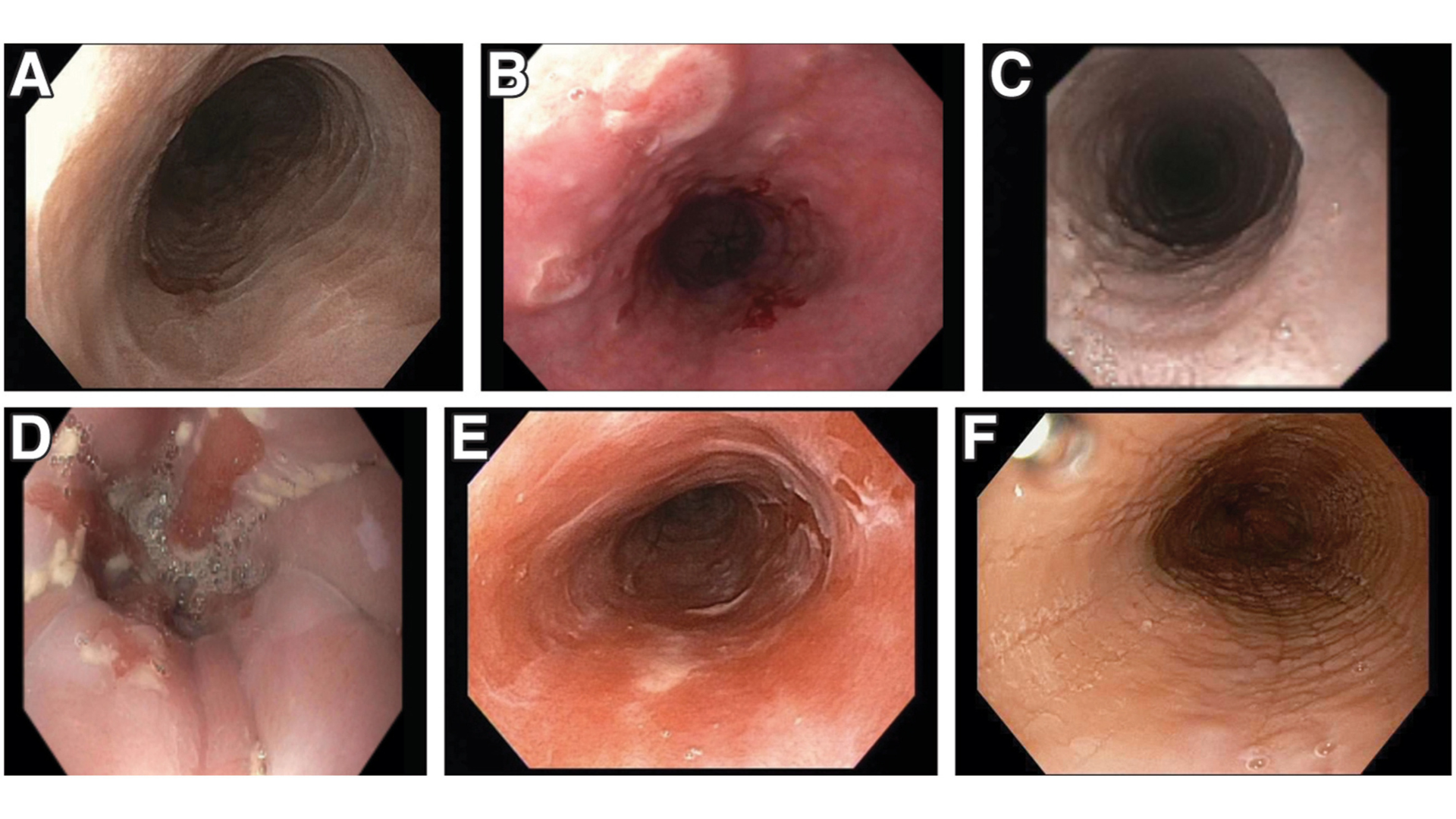AGA’s latest clinical practice update offers 10 best practice advice to help you identify and treat infectious and immune-mediated esophageal dysfunction. Due to their rarity and complexity, these conditions can be easily overlooked, leading to delayed diagnosis and unnecessary procedures.
Hear from the experts
Drs. Chanakyaram Reddy and Emily McGowan discuss key takeaways on infectious and immune-mediated esophageal disorders.
Best practice advice statements
- Be aware of the esophageal manifestations of systemic immunologic and infectious diseases to reduce diagnostic delay. Identify if there are risks for inflammatory or infectious possibilities for a patient’s esophageal symptoms and investigate for these disorders as a potential cause of esophageal dysfunction.
- Once esophageal infection is identified, identify whether accompanying signs/symptoms suggest immunocompromise leading to a more systemic infection. Consultation with an infectious disease expert will aid in guiding appropriate treatment.
- If symptoms do not improve after therapy for infectious esophagitis, evaluate for refractory infection or additional underlying sources of esophageal and immunologic dysfunction.
Read all 10 best practice advice statements on infectious and immune-mediated esophageal disorders in the December issue of Clinical Gastroenterology and Hepatology.












